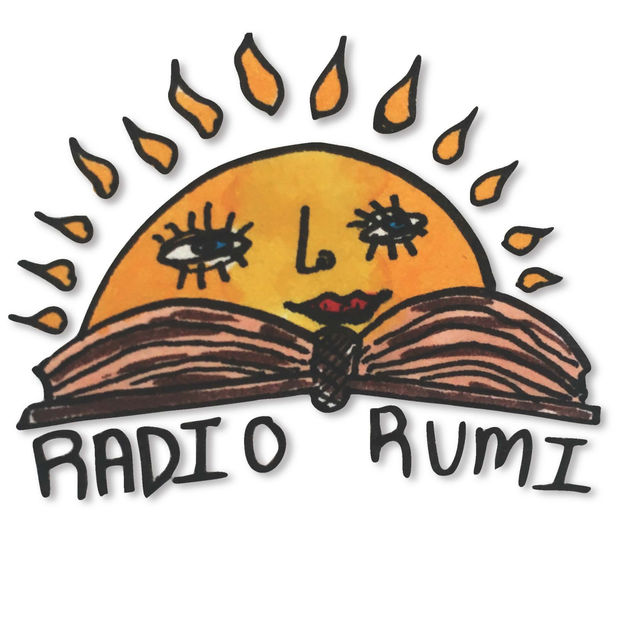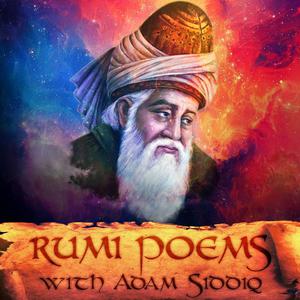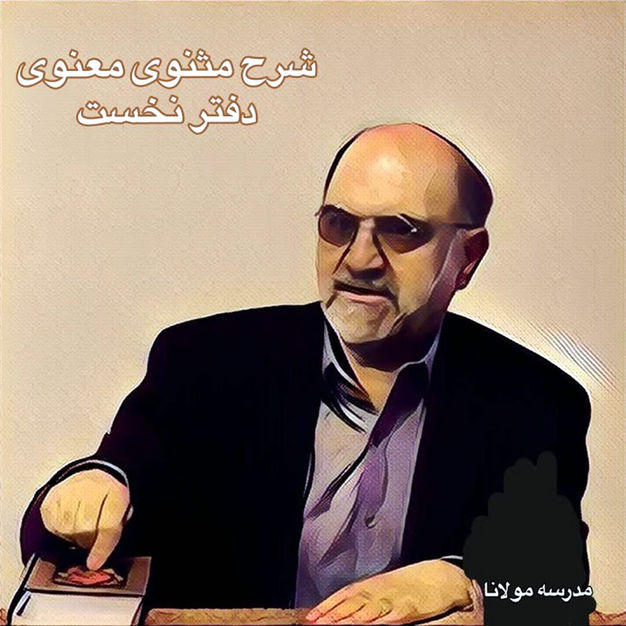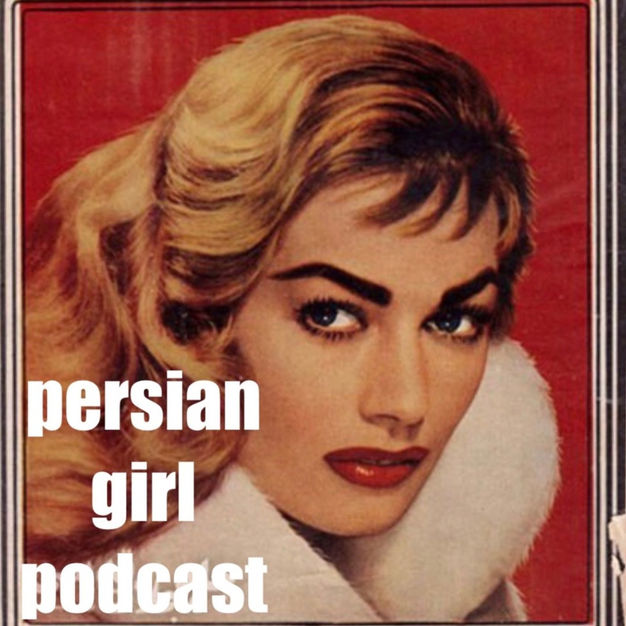
Radio Rumi
UMD SLLC CITL
Radio Rumi is hosted by Dr. Fatemeh Keshavarz at the University of Maryland. Keshavarz is author of award winning books including Reading Mystical Lyric: the Case of Jalal al-Din Rumi (USC Press,1998), Recite in the Name of the Red Rose (USC Press, 2006) and a book of literary analysis and social commentary titled Jasmine and Stars: Reading more than Lolita in Tehran (UNC Press, 2007). She has also published other books and numerous journal articles. Keshavarz is a published poet in Persian and English and an activist for peace and justice. Currently, she directs the School of Languages, Literatures and Cultures as well as Roshan Institute for Persian Studies at UMD.
- 1 hour 10 minutesRadio Rumi Program 66: The Lands and Seas Are Vast, and the People Numerous
In this summer special episode, I discuss the worldly awareness of medieval Persian poets and thinkers, emphasizing their attention to cultures different than their own. Three figures are showcased: the philosopher Aziz Nasafi, Rumi, and Sa'di of Shiraz.
28 June 2023, 9:07 pm - 42 minutes 48 secondsRadio Rumi Program 65: The Blessed Madness That Helps You Find the Moon!
This episode focuses on the complexity of the concept of madness in Rumi's poetry. It explores our poet's approach to madness as a tool that curbs the power of rules and regulations to allow the formation of human spiritual originality.
11 May 2023, 9:57 pm - 37 minutes 16 secondsRadio Rumi Program 64: Dance Them Out of Your Life!
This program is dedicated to the significance of dancing in human life. I start with Hafiz of Shiraz, then move on to Sa'di's approach to the topic and end with a ghazal of Rumi which uses the refrain "Come on! Dance!" We explore what these medieval poets think dancing does for us.
13 April 2023, 2:39 pm - 31 minutes 33 secondsRadio Rumi Program 63: The Winter Is Gone, Did You Hear?
On the occasion of the arrival of spring, millions of people across the globe are celebrating "Nowruz." In this program, I explore the literary, symbolic, and spiritual meanings of the concept of spring through a few examples from the ghazals of Hafiz, Sa‘di, and Rumi.
29 March 2023, 5:21 pm - 27 minutes 33 secondsRadio Rumi Program 62: I Saw Angels Knocking on the Door of the Wine-House
In this program, I focus on wine and wine-house in the poetry of Hafiz of Shiraz. In the journey that we take from Konya to Shiraz, instead of asking whether the wine that Hafiz drank was real or allegorical, I explore the wine-house itself as a counter space to places of worship.
9 March 2023, 8:45 pm - 28 minutes 6 secondsRadio Rumi Program 61: Persons-in-Community, Not Egos-in-Isolation
In this episode, I focus on the ways in which one of my favorite philosophers and a few life-companion poets (including Rumi) discuss an important aspect of our life journey: traveling from the isolation of an ego to the generosity of sharing ourselves with trusted companions.
21 February 2023, 4:11 pm - 30 minutes 52 secondsRadio Rumi Program 60: The Harmonious Interrelation That Is Life
I start this program with a quote from a modern Western philosopher about the interconnection of all life everywhere. Comparing his view with that of a medieval Persian Sufi, I then share with you Hafiz and Rumi's poetic expressions of the same idea: life as a harmonious interrelation.
31 January 2023, 4:03 pm - 28 minutes 36 secondsRadio Rumi Program 59: Before You, The Sun Is But a Sundown!
A large part of the world has just celebrated Christmas. This program looks into the poetic presence of Jesus in classical Persian poetry and his symbolic dedication to perpetuating life and honoring its sanctity.
12 January 2023, 4:03 pm - 24 minutesRadio Rumi Program 58: Like all Nights, Yaldas Come to an End
In this episode, we take another poetic journey to Shiraz to spend Yalda with the master poet, Saʿdi. He speaks of the symbolic significance of nights as moments of repose, and of cruelty to others as the true darkness. We return to Konya wishing Iranians' suffering in this Yalda of cruelty to come to an end soon.
21 December 2022, 9:05 pm - 31 minutes 41 secondsRadio Rumi Program 57: Dancing Around a Rainbow
This episode is dedicated to the Iranian children suffering as the violent response to the uprisings causes them harm. I focus on children as the dynamic, playful, and growing presences in our lives. Rumi speaks of them frequently as he alludes to our child within, the part of us which yearns for growth.
7 December 2022, 4:52 pm - 31 minutes 38 secondsRadio Rumi Program 56: The Glow of the Fire that is Life
I start this episode by describing the concept of the Self - "Khod" in Persian - as an ongoing inner process. I then explore Rumi's words on the way this Self, when liberated, can become a Lover or "Ashegh," a site for the glow of the fire of life.
9 November 2022, 5:07 pm - More Episodes? Get the App
Your feedback is valuable to us. Should you encounter any bugs, glitches, lack of functionality or other problems, please email us on [email protected] or join Moon.FM Telegram Group where you can talk directly to the dev team who are happy to answer any queries.
 Rumi Forum Podcast
Rumi Forum Podcast
 Rumi Poems with Adam Siddiq
Rumi Poems with Adam Siddiq
 Interpretation of Rumi's Masnavi with Abdulkarim Soroush شرح دفتر نخست مثنوی مولوی
Interpretation of Rumi's Masnavi with Abdulkarim Soroush شرح دفتر نخست مثنوی مولوی
 Persian Girl Podcast's Podcast
Persian Girl Podcast's Podcast
 Podcast – The Threshold Society
Podcast – The Threshold Society